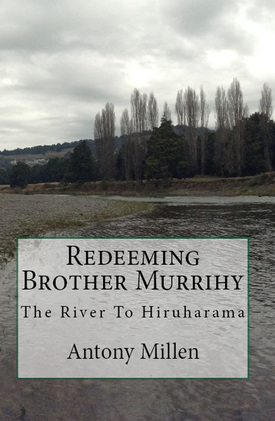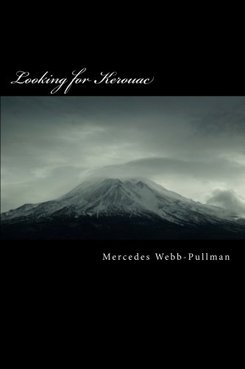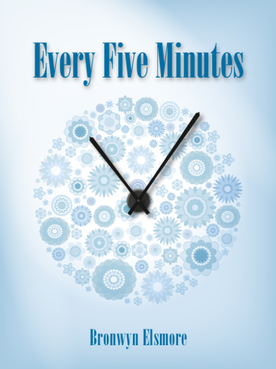
by Antony Millen
The story – and it carries the book – is a good one; it concerns two brothers, both dependent lost souls, sons of inadequate parents, one of the sons managing to get away from home and the other not. Their mother is dying and wants to see her preferred son, the ‘lost’ one, before her death. The second son, our narrator, Conrad, is sent on a quest to far away New Zealand to bring Frankie home to Canada in time. The portrayal of Conrad is psychologically excellent – the son who is always on the edge of rejection (thus on a highly reinforcing ‘intermittent schedule’ for his mother’s affections, which renders him so tied to her, he still refers to her house as ‘home’, in spite of being adult in years and married with a child). Conrad’s beloved mother sends him away to find his despised brother, away from her bedside when she is dying, a fact that emphasises Conrad’s plight.
In New Zealand, Conrad cannot see its topographical beauties without insular comparisons to his home county in Nova Scotia – his parochialism results in rudeness, his anger into impatience – all drawn beautifully. We, the readers, expect things to change for him by the end of the book, and, without giving spoilers and ignoring the abruptness of the transition, the ending is satisfying.
We are also treated to entries from Frankie’s journals written years before, which give the reader insights (not that Conrad can see them) into what was happening in his psyche. We are also ‘treated’ to a rambling story in italics written as a Maori legend that is difficult to decipher, that interrupts rather than provides enough enlightenment to warrant its inclusion. This is not to say the sub-plot concerning present-day Maori concerns in the book itself is not interesting – it certainly contributes to the story as a whole.
Those are the (mostly) good things.
However, if I had come across this book in a bookshop, I would have skimmed the first five pages and put it down in spite of the promise of the story. Why? Silly punctuation mistakes that wrench the reader away from the narrative. The mark of an amateur – and this story doesn’t deserve that. The MapleKoru publishing house has obviously not given this book to a professional editor and it badly needs a line-by-line edit for errors in both punctuation and spelling. Luckily in this age of electronic corrections, an editor can be found, the errors fixed and the book back into circulation in a matter of weeks, maybe days. I strongly recommend it. A professional editor may have something to advise about the Maori ‘legend’ and its prominence. A highly edited version of the ‘legend’ that clarifies rather than mystifies most likely would be the result.
I found it interesting how the author has the first son recognise his dependence and thus breaks away from flesh-and-blood parents only to transfer his dependence to another ‘parent’, a supernatural ‘Father’ this time. An accurate interpretation. Also this book provides a precise portrayal of a man obsessed by religious thought who is floundering in this real world of ours.
Redeeming Brother Murrihy will appeal to those who believe in an anthropomorphic god – Christians and the like – who accept the Apostles’ Creed, the trinity and a god who can both grant wishes/prayers and work miracles. If this is not you, it’s better to stay away.
Maple Koru Publishing, ISBN-13: 978-0473248932 ISBN-10: 047324893X ASIN: B00D2TLN4S
Paperback and Kindle from Amazon: http://www.amazon.com/Redeeming-Brother-Murrihy-River-Hiruharama/dp/047324893X/ref=tmm_pap_title_0?ie=UTF8&qid=1370168991&sr=8-1
Links to other stores via author's website: http://antonymillen.wordpress.com/



 RSS Feed
RSS Feed
